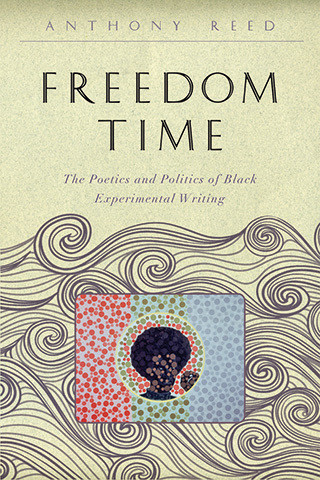
Reviews
The black optimism that animates Posmentier's writing is also a prominent feature of the poems, songs, and works of visual art that she takes up as her primary objects of concern. Yet there is also, alongside this optimism, the ever-present specter of the end of the world—one that operates, always, right alongside the countless new worlds that black art necessarily engenders—which demands our attention.
Sonya Posmentier's Cultivation and Catastrophe feels urgent and contemporary even as its turn to black lyric asks readers to pause, sound out, and reflect on a long history of poetic engagement with ecological catastrophe, forced migration, and the afterlife of the plantation.
There is much to admire in this wide-ranging and carefully researched study. In particular, its close attention to poetic form represents a valuable contribution to postcolonial ecocriticism, which has tended to focus more on narrative genres.
Posmentier's monograph is a much-needed contribution to both the new lyric studies and ecopoetics, two fields that, until recently, have focused more often than not on the writings and methods of white European and American poets and critics.
The capaciousness with which Posmentier approaches the lyric is generative, especially in light of environmental criticism's recent wave of poetry scholarship... groundbreaking.
Must-read scholarship for the fields of black poetics and ecopoetics. Treating African American and Afro-Caribbean cultures as distinct, yet profoundly interrelated, Posmentier leaves readers with an expansive sense of the ways that various writers and lyricists have analyzed and mounted critiques of the history of violent oppression of black people.
This brilliant book has the potential to invigorate the nascent field of environmental, ecological approaches to African American literature. Posmentier gives us a groundbreaking new grammar for understanding black diasporic aesthetics as a wondrous, constant interplay between the ideology of enclosure and the ecology of expansion.
Book Details
Acknowledgments
Introduction
PART 1
1. Cultivating the New Negro
2. Cultivating the Nation
3. Cultivating the Caribbean
PART 2
4. Continuing Catastrophe
Collecting Catastrophe
5. Collecting Culture
6. Unnatural
Acknowledgments
Introduction
PART 1
1. Cultivating the New Negro
2. Cultivating the Nation
3. Cultivating the Caribbean
PART 2
4. Continuing Catastrophe
Collecting Catastrophe
5. Collecting Culture
6. Unnatural Catastrophe
Notes
Bibliography
Index






